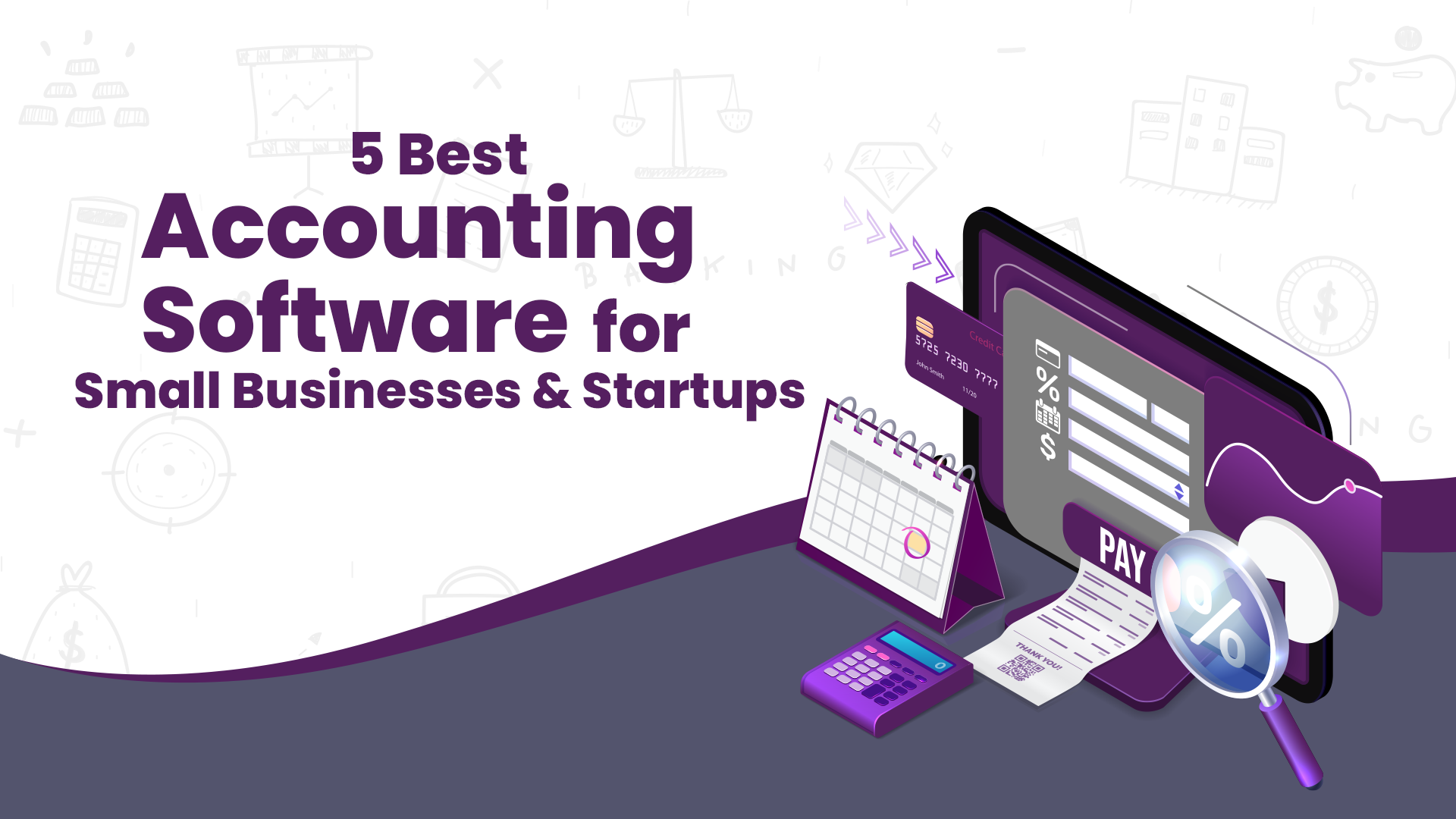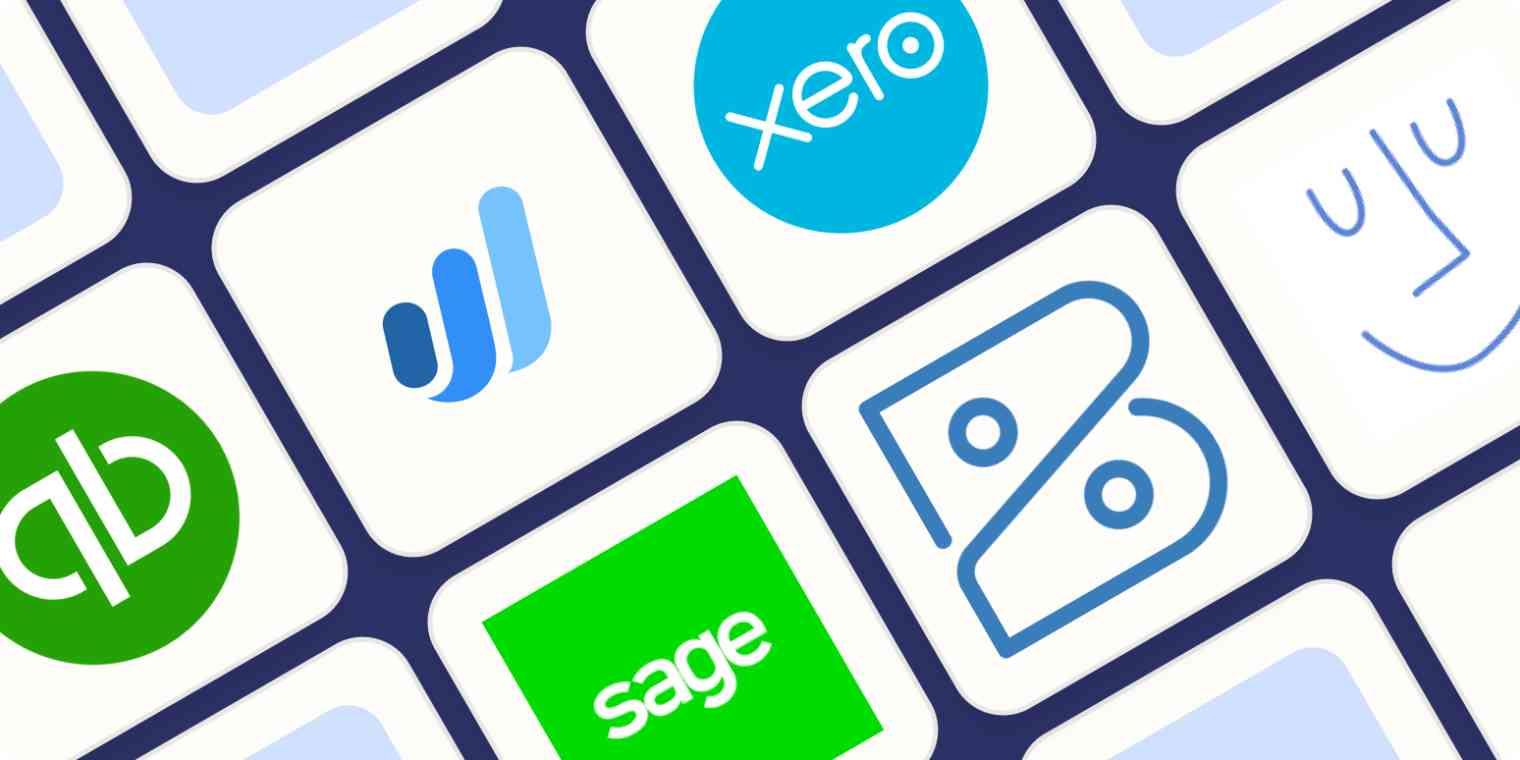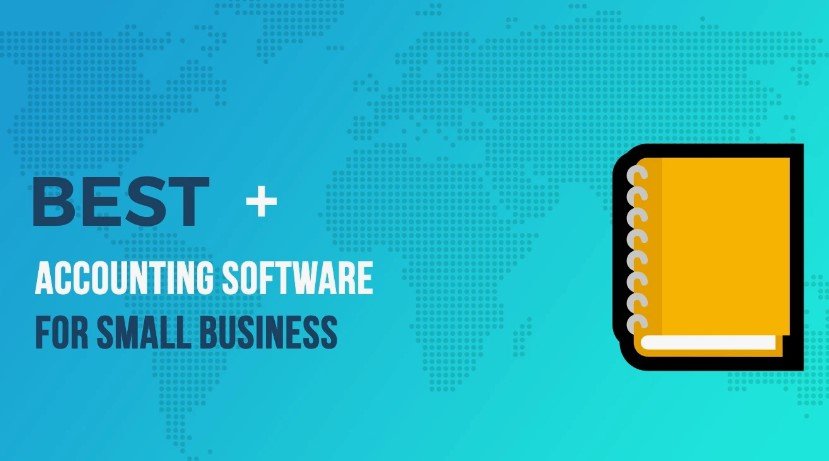The best accounting software for small businesses is QuickBooks Online, known for its comprehensive features and popularity among accountants and small to medium-sized businesses. With its active user base and reputation, QuickBooks Online is the top choice for managing financial reporting, invoicing, and expense tracking.
In today’s fast-paced business world, efficient and accurate accounting is crucial for the success of small businesses. With numerous accounting software options available, finding the best one can be overwhelming. However, one software stands out as the top choice for small businesses: QuickBooks Online.
Known for its comprehensive features and popularity among accountants and small to medium-sized businesses, QuickBooks Online offers a user-friendly interface and robust capabilities for financial reporting, invoicing, and expense tracking. We will explore why QuickBooks Online is considered the best accounting software for small businesses, taking into account its popularity, active user base, and reputation among industry professionals.
Table of Contents
Best Accounting Software For Small Business

The Importance Of Accounting Software For Small Businesses
Small business owners need to juggle a lot of responsibilities, including managing their finances. One way to make this task easier is by using accounting software. Not only does it save time and money, but it also improves accuracy and organization. In this blog post, we will explore the best accounting software for small businesses and discuss the importance of using it.
Time And Cost Savings
Accounting software can save small business owners a significant amount of time and money. Instead of manually inputting data, generating reports, and reconciling accounts, software can automate these tasks. This frees up time for business owners to focus on other important tasks, such as growing their business. Additionally, by automating the accounting process, software can reduce the risk of errors, which can save money in the long run.
Some of the top accounting software options for time and cost savings include:
| Software | Pricing | Features |
|---|---|---|
| QuickBooks Online | $25-$180/month | Invoicing, expense tracking, financial reporting, and payroll integration |
| Wave | Free | Invoicing, expense tracking, and financial reporting |
| Zoho Books | $9-$29/month | Invoicing, expense tracking, financial reporting, and project management |
Financial Accuracy And Organization
Accounting software can improve the accuracy and organization of a small business’s finances. By automating the process, software can reduce the risk of errors and ensure that financial data is up-to-date. This can provide business owners with a clearer picture of their financial health, which can aid in decision-making. Additionally, software can organize financial data in a way that is easy to understand and access.
Some of the top accounting software options for financial accuracy and organization include:
- QuickBooks Online
- Xero
- FreshBooks
These software options provide features such as financial reporting, invoicing, expense tracking, and project management. They also offer integrations with other software, such as payroll and payment processors, to streamline the accounting process.
Key Features To Look For In Accounting Software
Invoicing and billing are essential features to consider when choosing accounting software for your small business. These features allow you to generate and send professional-looking invoices to your clients, track payments, and manage your billing process efficiently. Look for software that offers customizable invoice templates, automated invoicing, and the ability to accept online payments. Additionally, consider if the software integrates with your preferred payment gateway to streamline the payment collection process.
Expense Tracking
Expense tracking is another crucial feature that you should prioritize when selecting accounting software. It allows you to monitor and categorize your business expenses, ensuring accurate financial records and helping you make informed decisions. Look for software that enables you to easily capture and categorize expenses, track mileage, and import bank and credit card transactions. Advanced features such as receipt scanning and expense report generation can also save you time and simplify your expense management process.
Financial Reporting
Effective financial reporting is vital for small businesses to assess their financial health, monitor performance, and make informed decisions. When choosing accounting software, consider the reporting capabilities it offers. Look for software that provides customizable financial reports such as profit and loss statements, balance sheets, and cash flow statements. The ability to generate reports on-demand, export data to spreadsheets, and visualize financial data through charts and graphs can further enhance your financial analysis and reporting capabilities.
Top Accounting Software For Small Businesses
Small businesses need efficient accounting software to manage their finances. Here are some of the best accounting software options for small businesses:.
Quickbooks Online
QuickBooks Online is a popular accounting software that offers features such as invoicing, expense tracking, and financial reporting. It is suitable for small to medium-sized businesses. With its user-friendly interface, QuickBooks Online allows users to easily manage their finances. It also integrates with various third-party apps to enhance its functionality.
Xero
Xero is another leading accounting software for small businesses. It provides tools for invoicing, bank reconciliation, and expense claims. Xero offers a mobile app for managing finances on the go and allows collaboration with accountants and bookkeepers. With its cloud-based platform, users can access their financial data from anywhere.
Freshbooks
FreshBooks is known for its user-friendly interface and time-saving features. It offers invoicing, expense tracking, and reporting capabilities. FreshBooks is suitable for service-based businesses and freelancers. It simplifies the accounting process and helps users stay organized with their finances.
Zoho Books
Zoho Books is a comprehensive accounting software that caters to the needs of small businesses. It provides features such as invoicing, expense management, and inventory tracking. Zoho Books offers integration with other Zoho applications and third-party tools, making it a versatile solution for managing finances.
How To Choose The Right Accounting Software For Your Small Business

Introduction paragraph about Best Accounting Software for Small Business and How to Choose the Right Accounting Software for Your Small Business…
Assessing Your Business Needs
When selecting accounting software, assess your business requirements meticulously. Consider factors like budget, number of users, and necessary features. Determine if you need inventory management or payroll processing capabilities.
Scalability And Integration
Scalability is crucial for growing businesses. Choose software that can expand with your company. Additionally, ensure it integrates seamlessly with other tools you use, such as CRM or e-commerce platforms. Compatibility is key.
User-friendly Interface
An intuitive and user-friendly interface is essential for efficient navigation. Look for software with clear menus and easy-to-use functionalities. Training requirements should be minimal for smooth adoption.
Implementing Accounting Software In Your Small Business
Implementing accounting software in your small business can be a game-changer. It streamlines financial processes, increases efficiency, and provides valuable insights into your business’s financial health. Whether you’re a solopreneur or have a small team, finding the right accounting software is crucial for the success of your business.
Training And Support
When implementing accounting software in your small business, training and support are essential. Here are some key considerations:
- Look for software providers that offer comprehensive training programs to ensure that you and your team can effectively use the software.
- Check if the software provider offers ongoing support, including phone, email, or chat support, to assist you with any questions or issues that may arise.
- Consider if the software has a user-friendly interface and intuitive navigation, making it easier for you and your team to learn and use the software.
- Some software providers may offer video tutorials, knowledge bases, or community forums where you can find answers to common questions and learn from other users.
Data Migration And Integration
Another crucial aspect of implementing accounting software in your small business is data migration and integration. Here’s what you need to know:
- Before choosing a software solution, assess if it allows seamless migration of your existing financial data from your current system to the new software.
- Consider if the software integrates with other essential tools and systems your business uses, such as CRM software, payment gateways, or e-commerce platforms.
- Integration with other systems can save you time and effort by automating data transfer and reducing manual data entry.
- Ensure that the software has robust data security measures in place to protect your sensitive financial information.
Maximizing The Benefits Of Accounting Software
Small businesses need to stay on top of their finances to ensure success. One way to do that is by using the best accounting software for small businesses. Accounting software can help businesses manage their finances, track expenses, and generate reports. In this blog post, we will discuss how to maximize the benefits of accounting software by regularly maintaining and updating it and utilizing automation features.
Regular Maintenance And Updates
Regular maintenance and updates are crucial for ensuring that the accounting software functions properly. It is important to update the software to the latest version, which often includes bug fixes and new features. Additionally, regular maintenance can prevent data loss and ensure that the software runs smoothly. Here are some tips for regular maintenance:
- Back up your data regularly to prevent data loss in the event of software failure.
- Check for updates and install them promptly.
- Clean up old and unnecessary data to improve the software’s performance.
Utilizing Automation Features
One of the biggest benefits of using accounting software is the ability to automate tasks. Automation can save time and reduce the risk of errors. Here are some automation features that can help small businesses:
| Automation Feature | Description |
|---|---|
| Automatic invoicing | Automatically generate and send invoices to customers. |
| Expense tracking | Automatically track expenses and categorize them for tax purposes. |
| Bank feeds | Automatically import bank transactions into the software for easy reconciliation. |
By utilizing these automation features, small businesses can save time and focus on growing their business rather than spending time on manual tasks.
Challenges Of Implementing Accounting Software
Implementing accounting software for small businesses comes with its own set of challenges. It’s important to address these challenges to ensure a smooth transition and efficient utilization of the software.
Security Concerns
When implementing accounting software, security concerns are of utmost importance. It’s crucial to ensure that the software has robust security features to safeguard sensitive financial data. Moreover, regular security updates and encryption protocols should be in place to prevent unauthorized access and data breaches.
Employee Resistance
Another challenge in implementing accounting software is employee resistance. Some employees may be hesitant to adapt to new technology, fearing a learning curve or potential job displacement. To mitigate this resistance, it’s essential to provide comprehensive training and emphasize the benefits of the software in streamlining processes and improving overall efficiency.

Future Trends In Accounting Software For Small Businesses
Introduction paragraph about Best Accounting Software for Small Businesses and Future Trends in Accounting Software for Small Businesses…
Artificial Intelligence Integration
Artificial Intelligence (AI) integration is revolutionizing the accounting software industry for small businesses. AI technology enhances automation, streamlines processes, and improves accuracy in financial tasks. It can analyze data, predict trends, and provide valuable insights to aid decision-making. AI-enabled accounting software reduces manual errors and increases efficiency, allowing small businesses to focus on growth.
Mobile Accessibility
In the era of mobile technology, mobile accessibility has become a crucial feature in accounting software for small businesses. Mobile-compatible accounting tools enable on-the-go access to financial data, invoicing, and expense tracking. Real-time updates and syncing across devices ensure flexibility and convenience for business owners and employees. With secure mobile apps, small businesses can manage their finances efficiently anytime, anywhere.
Conclusion
Choosing the best accounting software for your small business is crucial for efficient financial management. With numerous options available, it’s essential to consider your specific business needs and budget. QuickBooks Online, Xero, and Zoho Books are popular choices, offering comprehensive features.
Compare pricing and features to find the best fit for your business.
